Publications
Articles, publications, books, tools and multimedia features from the U.S. Institute of Peace provide the latest news, analysis, research findings, practitioner guides and reports, all related to the conflict zones and issues that are at the center of the Institute’s work to prevent and reduce violent conflict.
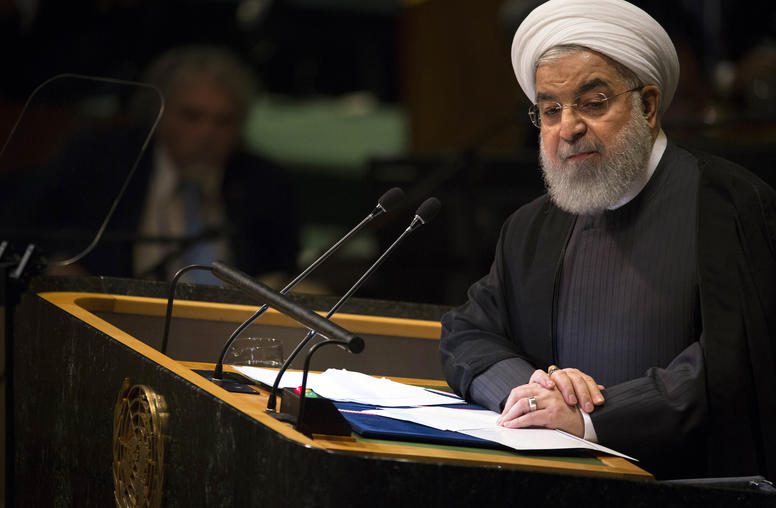
Iran Looks to Shore up its Influence in Iraq
This week, Iran’s president, Hassan Rouhani, made his first official trip to Baghdad. Following a meeting with Iraqi Prime Minister Adel Abdul Mahdi, the two leaders announced agreements to expand trade, establish a rail link between the two countries, and remove travel restrictions. Rouhani also had a high-profile meeting with Grand Ayatollah Ali Sistani, the most revered religious authority in Iraq. USIP’s Sarhang Hamasaeed examines the implications for the complicated Iran-Iraq relationship.

What Can Make Displaced People More Vulnerable to Extremism?
As the international community works to prevent new generations of radicalization in war-torn regions, debate focuses often on the problem of people uprooted from their homes—a population that has reached a record high of 68.5 million people. Public discussion in Europe, the United States and elsewhere includes the notion that displaced peoples are at high risk of being radicalized by extremist groups such as ISIS. Scholars and peacebuilding practitioners have rightly warned against such generalizations, underscoring the need to learn which situations may make uprooted people vulnerable to radicalization. A new USIP study from Afghanistan notes the importance of specific conditions faced by displaced people—and it offers indications suggesting the importance for policy of supporting early interventions to stabilize the living conditions of displaced people after they return home.
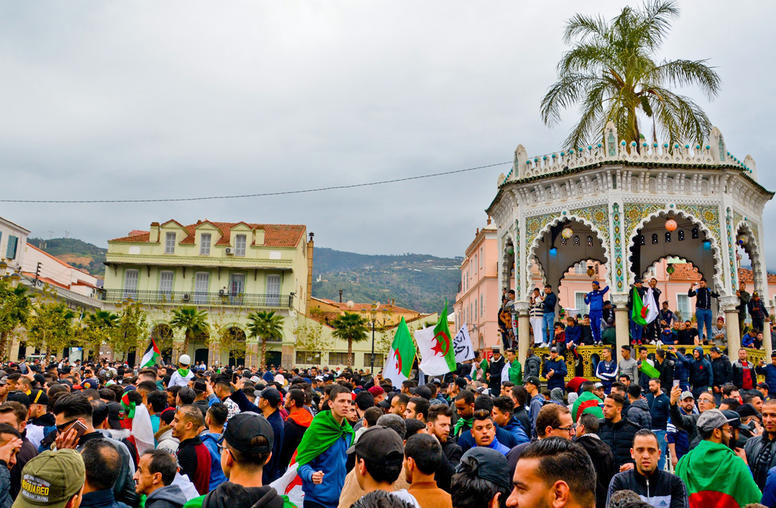
Will Algeria’s Protests Lead to Change and a Second Arab Spring?
In response to nationwide protests, Algerian President Abdelaziz Bouteflika announced he would not seek a fifth term to extend his 20-year rule. Bouteflika’s decision was greeted with celebration by the protesters, who saw it as the first victory in a potential democratic revolution. However, the upcoming presidential elections have been delayed, effectively allowing Bouteflika and a small group of ruling elites to govern indefinitely. What follows for Algeria is an uncertain period, one that echoes the “Arab Spring” that swept through the region in 2011. USIP’s Thomas Hill discusses Algeria’s future and the possibility of a second “Arab Spring” on the horizon.
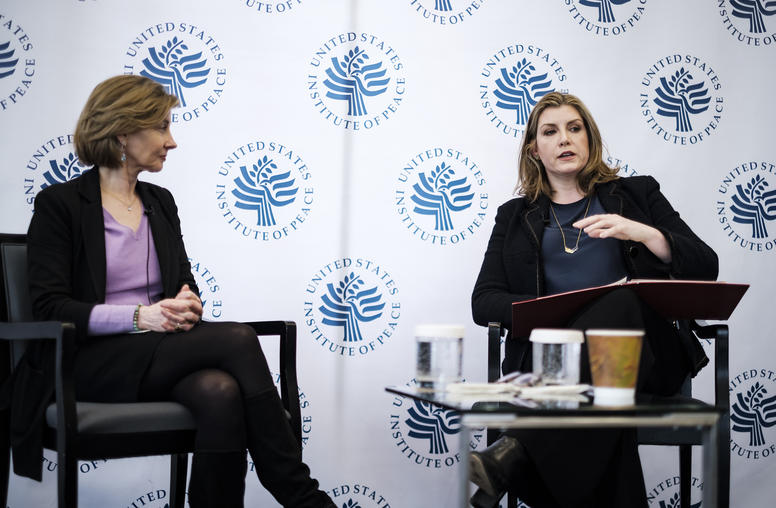
U.K. Secretary Talks History, Equality on International Women’s Day
This year marks a full century since American women won the right to vote, lending particular resonance to 2019’s International Women’s Day. For USIP President Nancy Lindborg and her guest, Penny Mordaunt, the U.K. secretary of state for international development and minister for women and equalities, the March 8 celebration was an ideal moment to reflect on women’s progress in their countries and globally and to highlight remaining obstacles to women’s full participation in society.
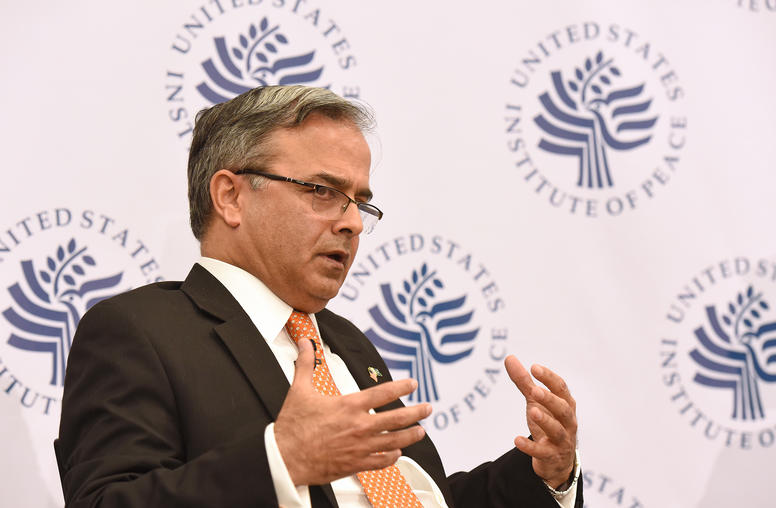
Pakistan Envoy Speaks on India, Terrorism and Afghan Peace
Echoing his country’s leaders, Pakistan’s new ambassador to the United States, Asad Majeed Khan, affirmed that his government will take an across-the-board approach to controlling extremist groups without regard for their particular cause or connections.
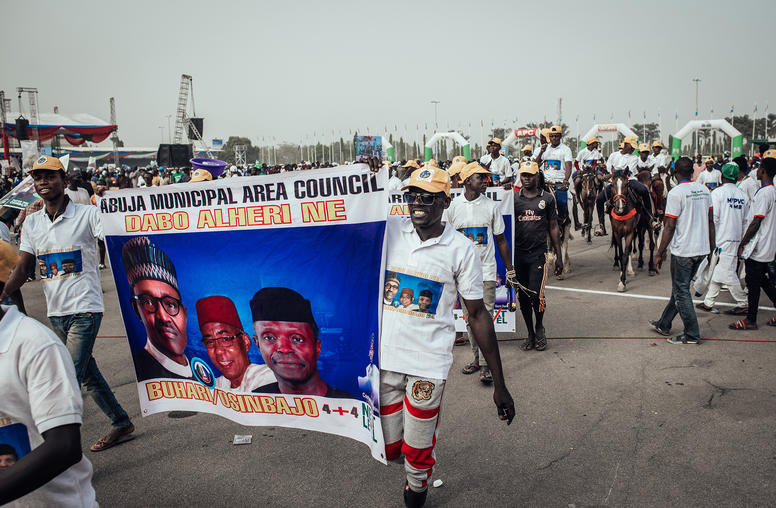
Nigerians Head to the Polls Again for State Elections
On March 9, Nigerians return to the polls to elect governors and state legislators. The balloting follows the presidential elections held February 23, which saw the incumbent president, Muhammadu Buhari, re-elected for another four-year term. USIP’s Chris Kwaja and Aly Verjee discuss how Buhari’s victory may impact the state elections, Nigerians’ seeming disenchantment with voting, and how to avert potential violence.
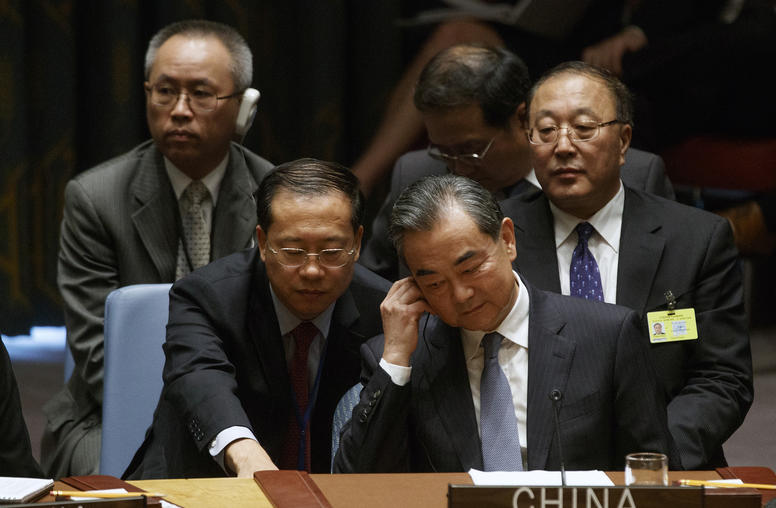
India-Pakistan Tensions Test China’s Relationships, Crisis Management Role
The latest India-Pakistan crisis has put China in a difficult position, as it tries to balance its relationships with both countries, while helping to stave off a conflict and demonstrate its ability to manage and resolve crises. Chinese Foreign Minister Wang Yi spoke to leaders in both Pakistan and India last week, urging them to practice restraint and find a way to deescalate the situation. Despite Pakistan’s request for China to play a more active role, competing priorities constrained the degree to which Beijing could lead—highlighting a chronic challenge for Chinese diplomacy in South Asia. China’s decision to keep a low profile is likely deliberate and in keeping with longstanding practice, but it is inconsistent with Beijing’s aspirations to lead in Asian crisis diplomacy.
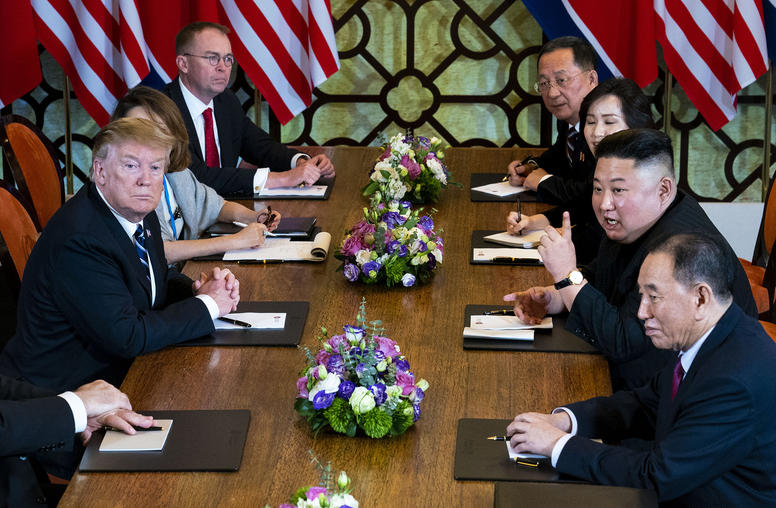
Failure in Hanoi Doesn’t Mean Peace Is Dead
Last week, U.S. President Donald Trump and North Korean leader Kim Jong Un walked away from Hanoi empty-handed. Their failure to sign a deal was shocking, given most of the speculation before the summ...
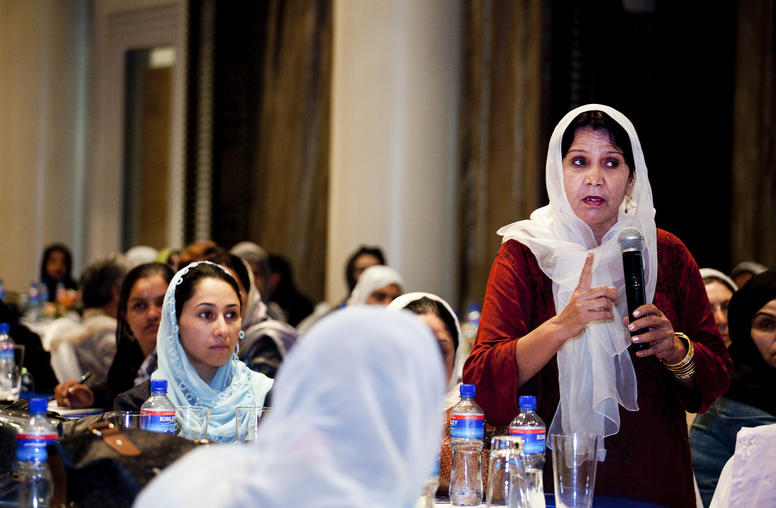
Afghanistan Talks: No Women, No Peace
As talks between the U.S. and the Taliban raise hopes for peace in Afghanistan, the country’s women fear another—and related—possibility: That their hard-won rights to participate in the nation’s political and economic life could again be washed away by the Taliban’s rigid views on gender.
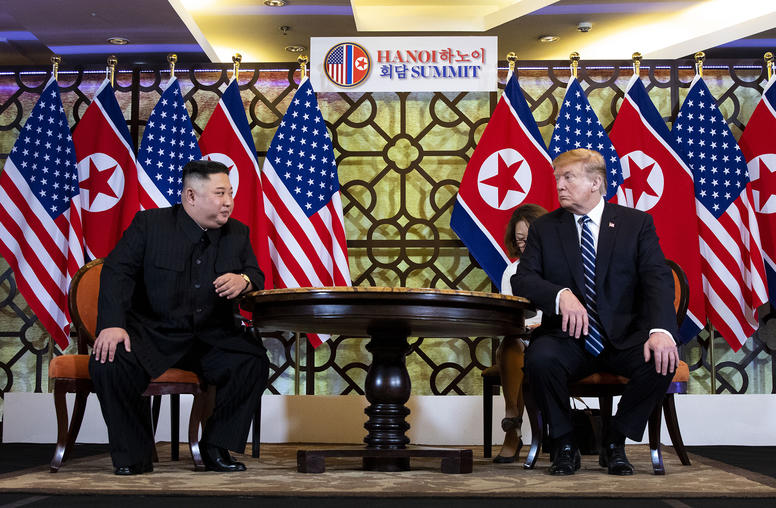
U.S.-North Korea Negotiations: What Happened in Hanoi?
President Trump and North Korean leader Kim Jong Un unexpectedly cut short their second summit Thursday after failing to come to an agreement to dismantle Pyongyang’s nuclear weapons and provide sanctions relief. USIP’s Ambassador Joseph Yun and Frank Aum explain what happened in Hanoi and what comes next for U.S.-North Korea nuclear diplomacy.